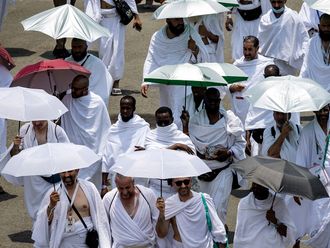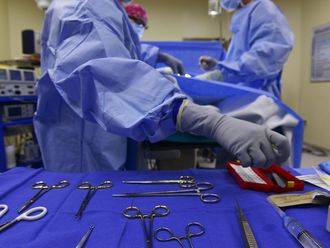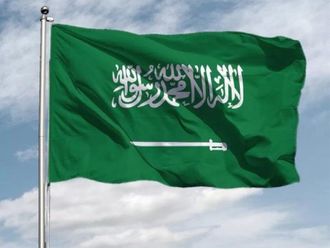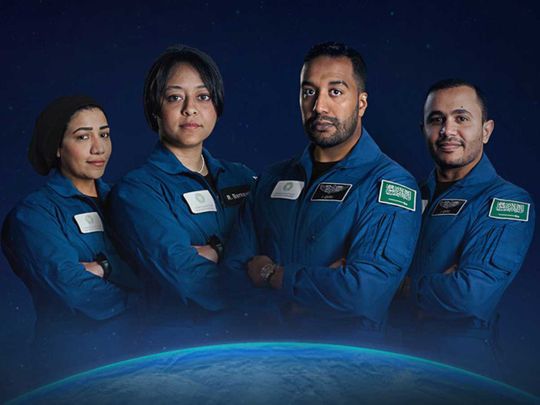
Dubai: Saudi Arabia announced on Sunday that it will be sending the first Saudi woman astronaut Rayyanah Barnawi and a Saudi male astronaut Ali AlQarni to the International Space Station (ISS) during the second quarter of 2023, Saudi Press Agency (SPA)reported. The two astronauts will join the crew of the AX-2 space mission, set to take off from the United States.
The mission, part of the Saudi Human Spaceflight Programme, aims to empower national capabilities in human spaceflight and contribute to scientific research in various fields, including health, sustainability, and space technology.
The programme also seeks to increase interest in STEM fields and attract talented individuals to develop human capital in the country.
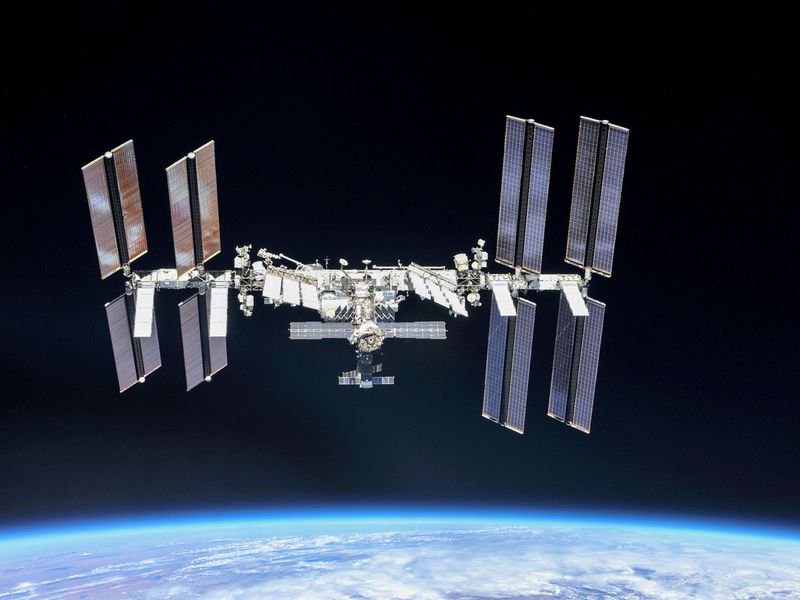
Abdullah Bin Amer Al Swaha, Chairman of the Saudi Space Commission, stated that the Kingdom’s leadership is committed to supporting the space programme and contributing to scientific innovation in the field of space sciences.
The CEO of the Saudi Space Commission, Mohammed Bin Saud Al Tamimi, expressed gratitude for the support and empowerment provided by the leadership, which has enabled significant progress in the Kingdom’s space sector.
This mission is also a symbol of the country’s superiority and competitiveness in technology, engineering, research, and innovation. The Kingdom will become one of the few countries in the world to have two astronauts of the same nationality aboard the ISS simultaneously, marking a historic moment for the country.
The Saudi Space Commission’s programme is in cooperation with a group of entities, including the Ministry of Defence, Ministry of Sport, General Authority of Civil Aviation, King Faisal Specialist Hospital and Research Centre, and international partners such as Axiom Space, a leading provider of human spaceflights and space infrastructure development in the USA.
The Saudi Human Spaceflight Programme, previously launched by the Saudi Space Commission, is a comprehensive programme aimed at training and qualifying experienced Saudis to participate in future human spaceflights, conduct scientific experiments, and contribute to international research. This upcoming mission is a crucial milestone in the programme, aligning with the Kingdom’s Vision 2030.


